The Governor said that if foreign currency deposit interest rates are increased, foreign currency holders will benefit from both exchange rate fluctuations and deposit interest rates, causing a shift from VND to foreign currency.

Continuing the question-and-answer session this morning (November 11), many delegates asked State Bank Governor Nguyen Thi Hong about exchange rates and interest rates.
Still have hope
In particular, delegate Pham Van Hoa (National Assembly Delegation of Dong Thap province) questioned the Governor why banks had to borrow foreign currency from abroad at high interest rates while only paying 0% interest on USD deposits to people.
State Bank Governor Nguyen Thi Hong admitted that the international currency market is complicated. After a period of tightening, the US Federal Reserve (Fed) has loosened monetary policy, many central banks in the world have also lowered interest rates and adjusted monetary policies. The USD has fluctuated complicatedly, sometimes falling sharply, then increasing from the third quarter and currently fluctuating at a high level. According to Ms. Hong, these developments have affected the domestic foreign exchange market.
"Stabilizing exchange rates and foreign exchange is difficult because it depends on real supply and demand in the market, that is, the amount of foreign currency spent in the economy and the revenue earned," said the Governor.
In addition, according to the Governor, the foreign exchange market is still dollarized, so it is affected by the psychological impact of high expectations. Some organizations and businesses have foreign currency but do not sell it, and when they do not need it, they buy it, so this is a challenge for the regulatory agency. However, the Governor said that the State Bank is still determined to manage exchange rates and foreign exchange flexibly, in accordance with market developments.
"When the market fluctuates too much, the State Bank will consider selling foreign currency to stabilize and meet people's needs," the Governor informed.
Regarding the 0% deposit policy for USD, the head of the State Bank said that in the past, Vietnam's exchange rate fluctuated strongly due to USD holders and strong demand for foreign currency, causing the exchange rate to increase, causing macroeconomic instability. Since 2016, the State Bank has applied many synchronous solutions to stabilize the exchange rate, including applying a 0% deposit interest rate policy for USD.
“This policy, together with the central exchange rate mechanism, has reduced the psychology of hoarding foreign currency, causing people and businesses to increase the sale of USD to banks, helping the State Bank to strongly increase national foreign exchange reserves,” the Governor emphasized.
"If the State Bank now increases foreign currency deposit interest rates, foreign currency holders will benefit from both exchange rate fluctuations and deposit interest rates, causing a shift from VND to foreign currency, and the market will be at risk again," said Ms. Hong.
Regarding foreign debt, according to Ms. Hong, in essence, Vietnam is currently lacking capital, so it must mobilize resources from abroad, through many channels such as direct and indirect investment... but still must implement solutions to ensure macroeconomic balance.

Governor Nguyen Thi Hong informed that since 2016, due to this policy, Vietnam's foreign exchange reserves have increased significantly, stabilizing the foreign exchange market. In principle, liquidity must be ensured. Because foreign exchange reserves are used to intervene when the country is in trouble. There are three principles of foreign exchange reserves: safety, liquidity and profitability.
Currently, the State Bank conducts foreign exchange reserves in a safe and liquid manner, and the profit will be calculated so that foreign exchange investment is most beneficial for the country.
Interest rate cuts increase exchange rate pressure
Delegate Nguyen Ngoc Son (National Assembly Delegation of Hai Duong province) raised the issue of whether to continue reducing interest rates and having a policy of changing foreign exchange reserves to stabilize the exchange rate.
Regarding this issue, Governor Nguyen Thi Hong said that the goal of monetary policy is to contribute to controlling inflation, stabilizing the macro economy, the money and foreign exchange markets. Whether or not to continue reducing interest rates depends on domestic and international economic developments, liquidity, and the state of the banking system.

According to the Governor, the State Bank's viewpoint is to contribute to controlling inflation, stabilizing VND and managing foreign exchange gold rates in a direction consistent with flexible market developments within a margin of +-5%.
“We are closely following developments. If the exchange rate does not fluctuate too much, the State Bank will promptly intervene and sell foreign currency to meet people’s import needs. The State Bank will also focus on communication work so that businesses and people can clearly understand the policy,” said Governor Nguyen Thi Hong.
Regarding the interest rate reduction, Governor Nguyen Thi Hong said that to stabilize the exchange rate, reducing the interest rate will affect the exchange rate, so in the past, the State Bank had to balance and implement the goal of reducing interest rates to support businesses and people, but if the interest rate is reduced too much, it will increase the exchange rate, which can create insecurity for foreign investors if the exchange rate is not stable.
“Whether or not we continue to reduce interest rates depends on domestic and international economic developments, liquidity, and the state of the banking system. Recently, we have reduced interest rates quite a bit compared to other countries, so we will continue to monitor,” the Governor said./.
Source








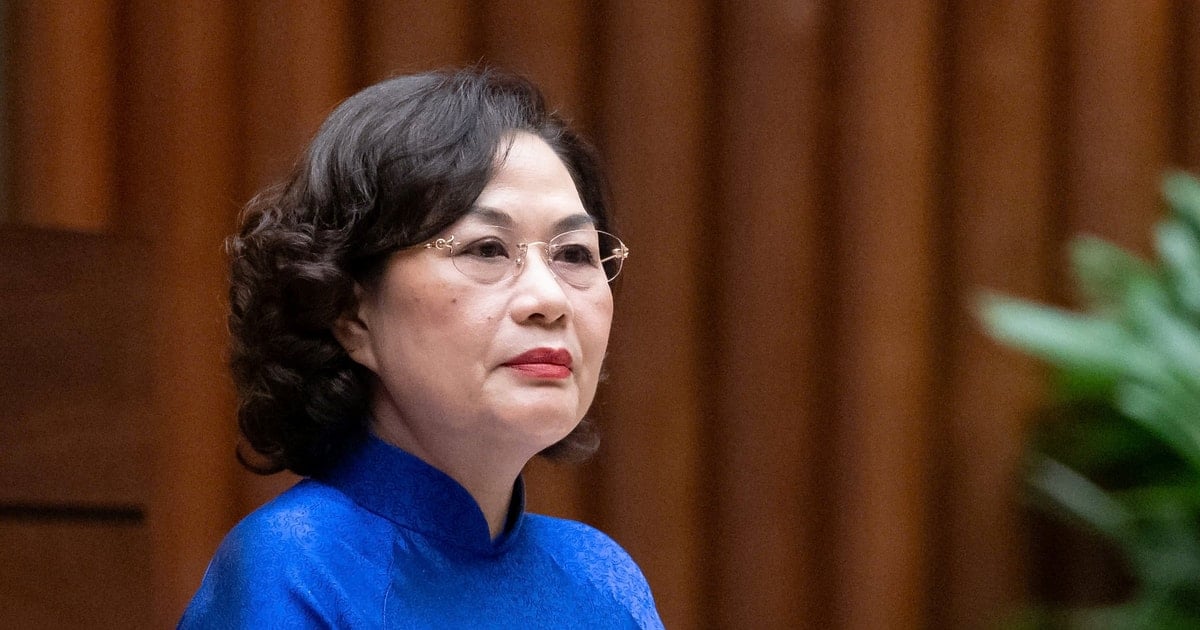






















![[Photo] Prime Minister Pham Minh Chinh chairs Government Conference with localities on economic growth](https://vstatic.vietnam.vn/vietnam/resource/IMAGE/2025/2/21/f34583484f2643a2a2b72168a0d64baa)






























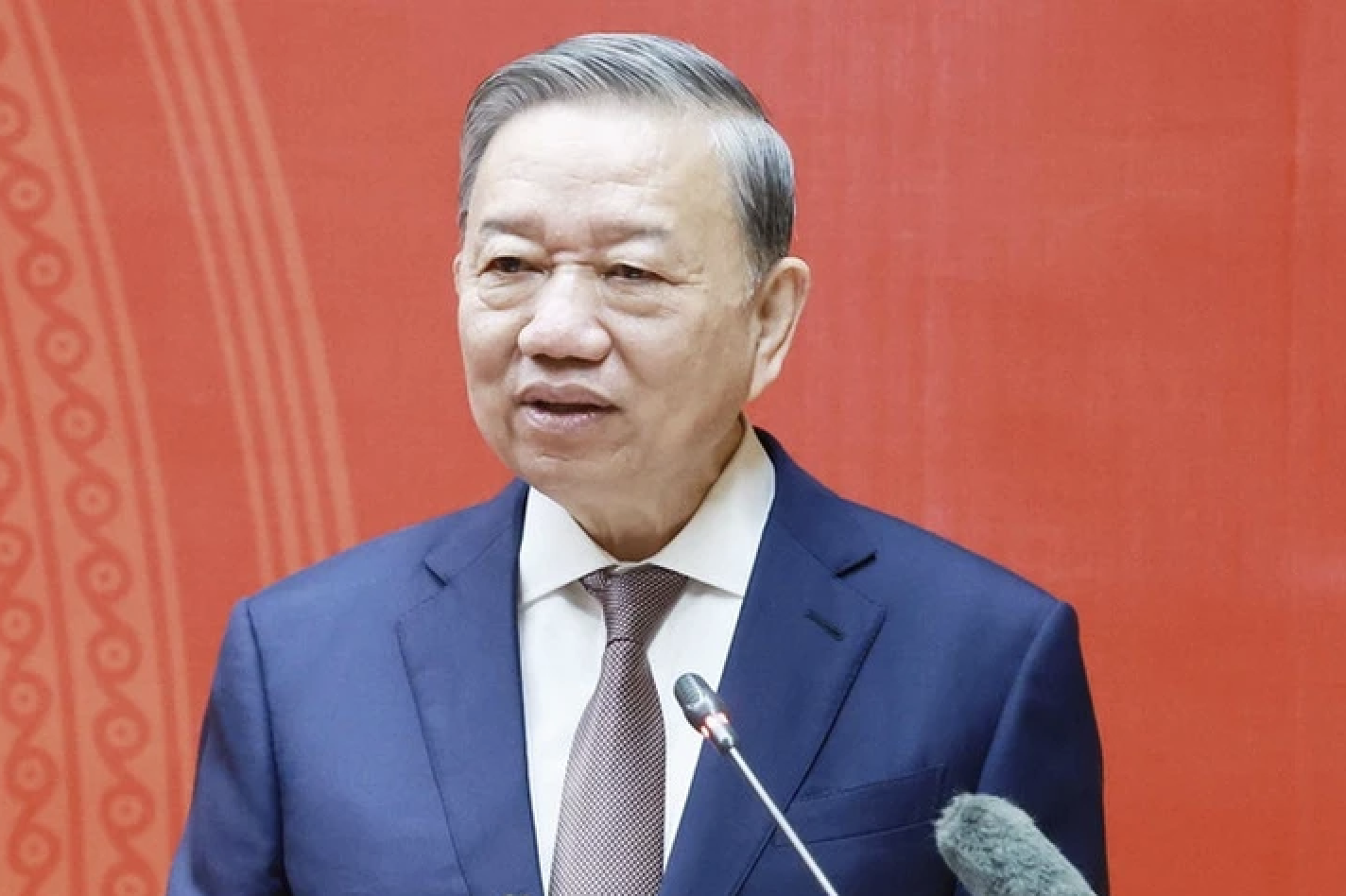
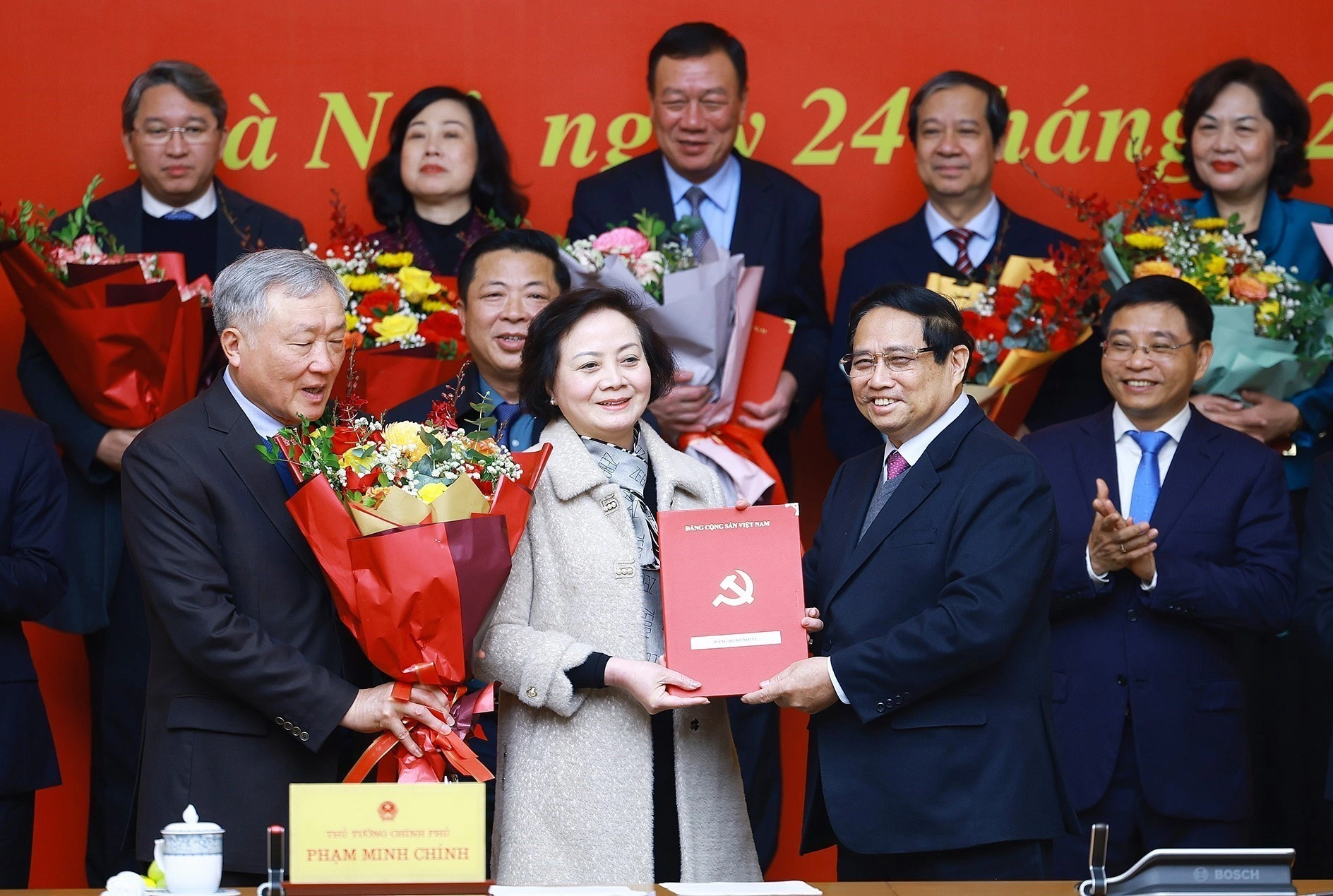
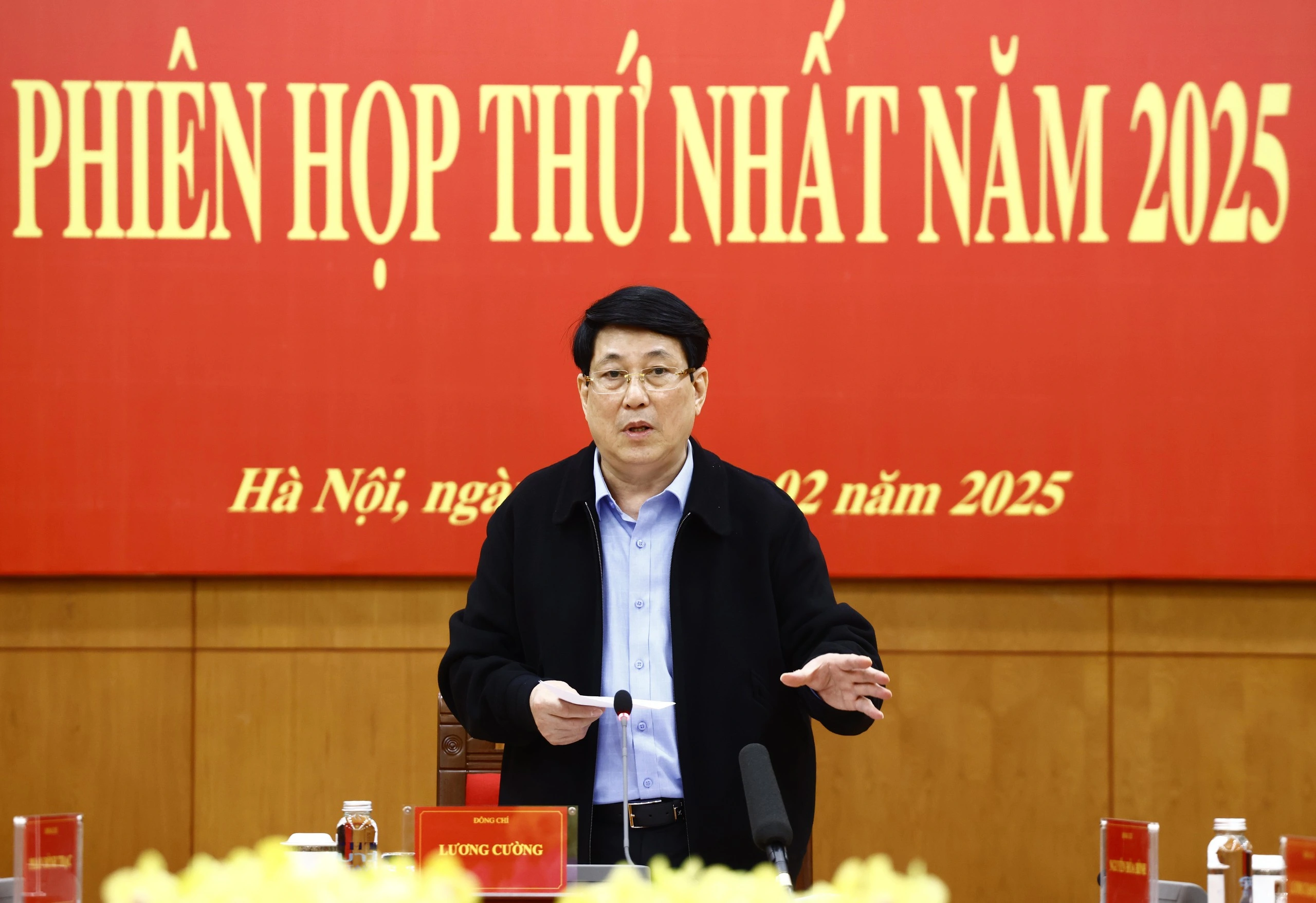















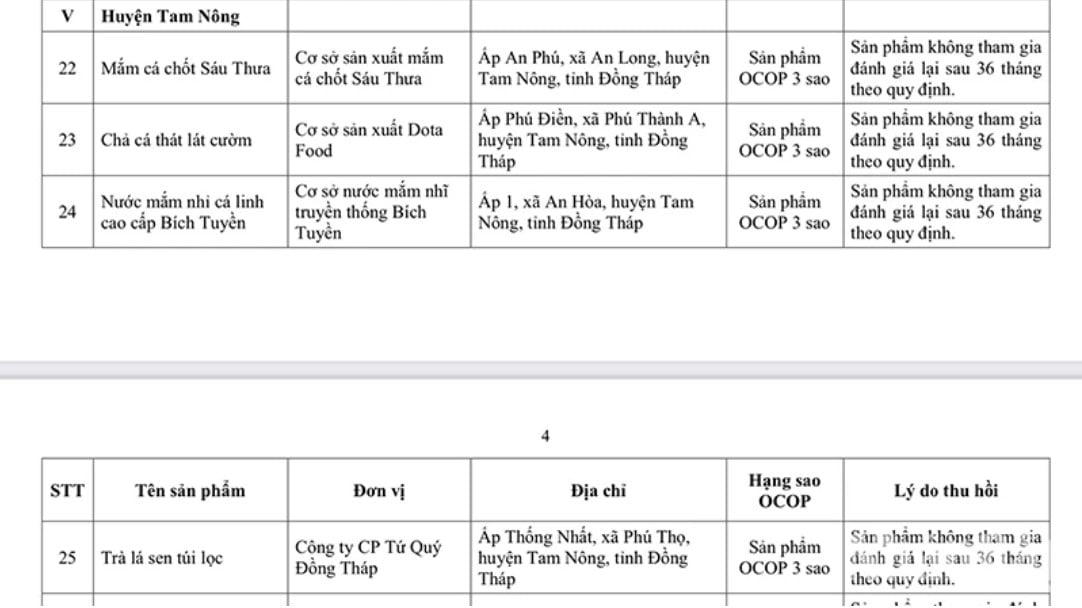




Comment (0)